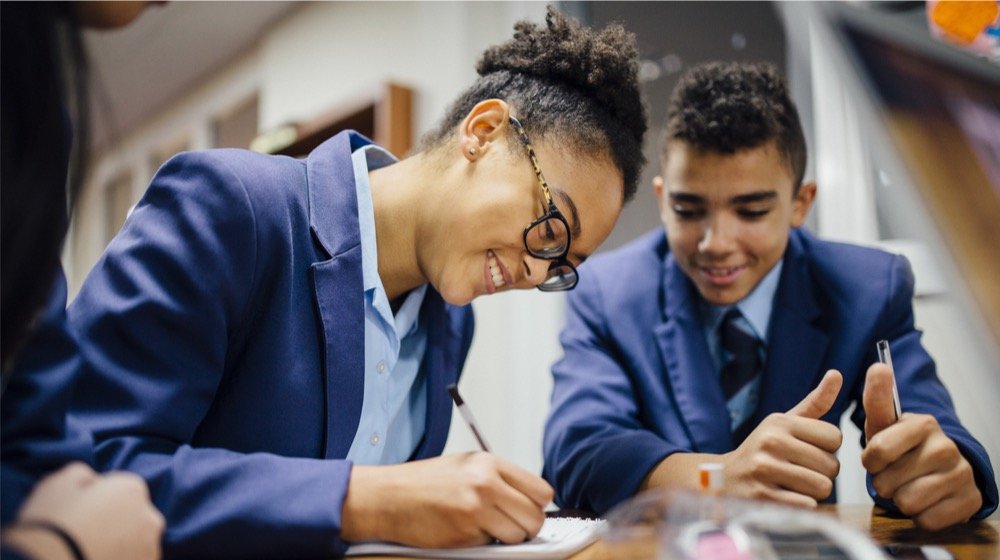10 reasons why pupils need to talk in class.
Here we take a look at pupils talking in class. As a supply teacher, you may think there are no good reasons for pupils talking in class. However, restrictions due to the pandemic have meant less opportunity for social interaction amongst pupils. Not only can this lead to a loss of confidence but also a lack of consolidation of learning. Lock down, on-line classes, social distancing, bubbles and masks have all hindered the natural discussion and questioning that students would engage in normally through sitting next to others in class or whilst in transit to another lesson and during break. It is only natural for pupils to say, “did you understand that?”, “what did you get for question 6?” and engage more in their own ways of consolidating learning through their peers.
Any type of talking in class is frowned on by some with the assumption that there is a lack of eagerness to learn, the inability to do well in school, or that a child is out to cause trouble. Punishment sometimes occurs based on these assumptions due to an interference in learning. Too much talking can interfere with learning but is there a happy medium and now more than ever should teachers be re-evaluating talking in class?
Here are 10 benefits of why students should have the opportunity to talk in class
- Talking about topics in class time, helps students to process their learning, through integration of information. Verbalising and engaging in concepts out loud has been shown to assist in solidifying learning.
- Talking with other pupils enables them to learn from one another. Sometimes a peer can explain something differently than a teacher can, which enables learning.
- Listening to how a peer thinks about a concept or uses language around a certain topic is beneficial for learners.
- Encouraging students to discuss topics means they are engaging in the practice of using academic language, a vital skill for further academic achievement.
- Talking helps build connections between students and strengthens classroom community; this is needed more than ever.
- Talking to another pupil can provide a safer learning environment for a struggling student who may have lost confidence during lockdown, rather than speaking out loud in front of a teacher or the whole class.
- Strict limitations on talking can cause boredom, resentment, and a strong dislike for school.
- Introduction of a 2-minute break to “say hello to your friends!” and close with “Times up!”, can make students have a better focus for the rest of lesson.
- Limitation of talking can increase tension for many students.
- Students have missed their friends, as humans we naturally seek to make connections with others and school is one of the few places available to children where they can connect with their peers. It’s vital for their well-being.



